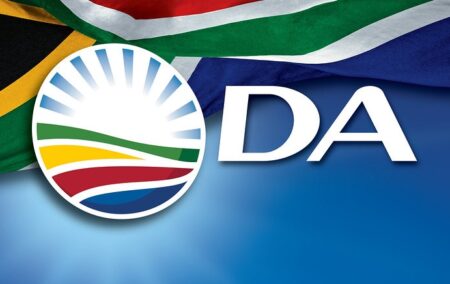The DA, the country’s second biggest party, revealed a number of its policy positions yesterday, on the first day of its policy conference.
Its policy pillars were Non-racialism, a Social Market Economy, Federalism, Separation of party and state, and Constitutionalism and the Rule of Law.
The DA has been under pressure in recent times. Its former leader, Mmusi Maimane, resigned following a poor election result last year. A staunch ally and DA stalwart, Athol Trollip, resigned at the same time. More recently a number of Gauteng councillors defected to Herman Mashaba’s new political vehicle, ActionSA, including Abel Tau, its leader in Tshwane. This week Gauteng leader, John Moodey, also resigned, claiming that former leader and current chair of the federal council, Helen Zille, had too much influence in the party. However, the DA hit back, and said that Moodey was under investigation for a number of serious allegations, including attempts to blackmail other party representatives, and his resignation was a preemptive move to avoid facing the charges.
The DA has also been criticized by others who claimed that particularly under Maimane’s leadership, the party was becoming ‘ANC lite’, and did not have enough to distinguish it ideologically or in policy terms from the governing party.
Its renewed commitment to federalism is particularly noteworthy, as the DA’s predecessor, the Democratic Party, had been a strong proponent of it. It also indicates a move to show significant differences between it and the ANC, the latter of which has preferred a centralization of power.
The DA will be holding a leadership congress at the end of next month. The two candidates are John Steenhuisen, the current interim leader, and Mbali Ntuli, a member of the KwaZulu-Natal provincial legislature.

